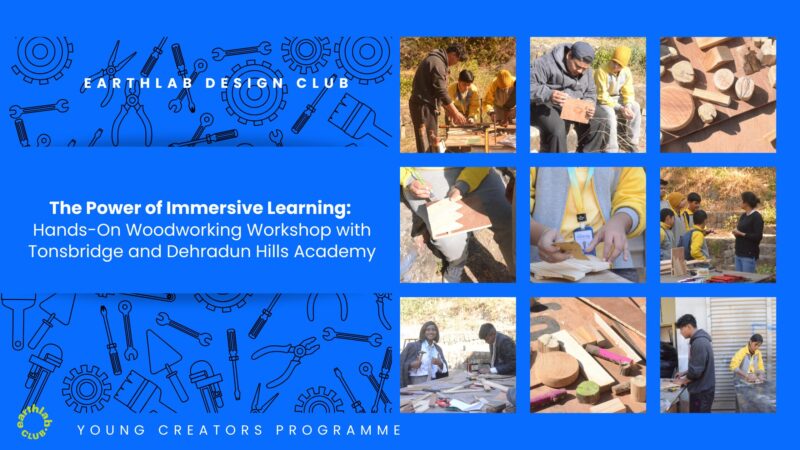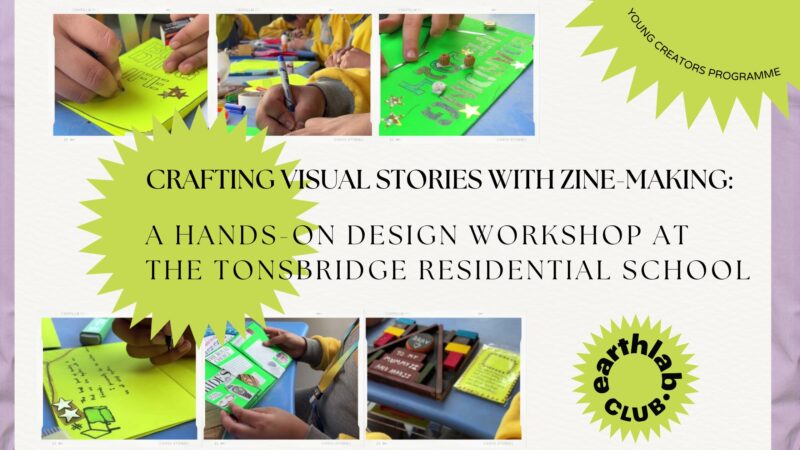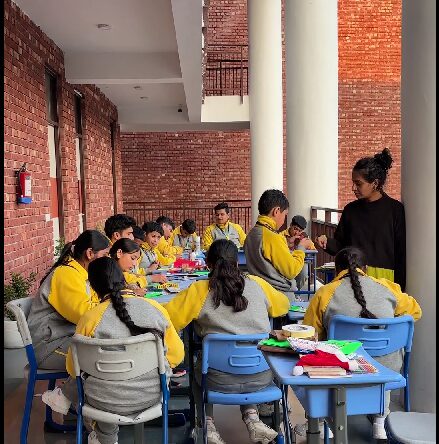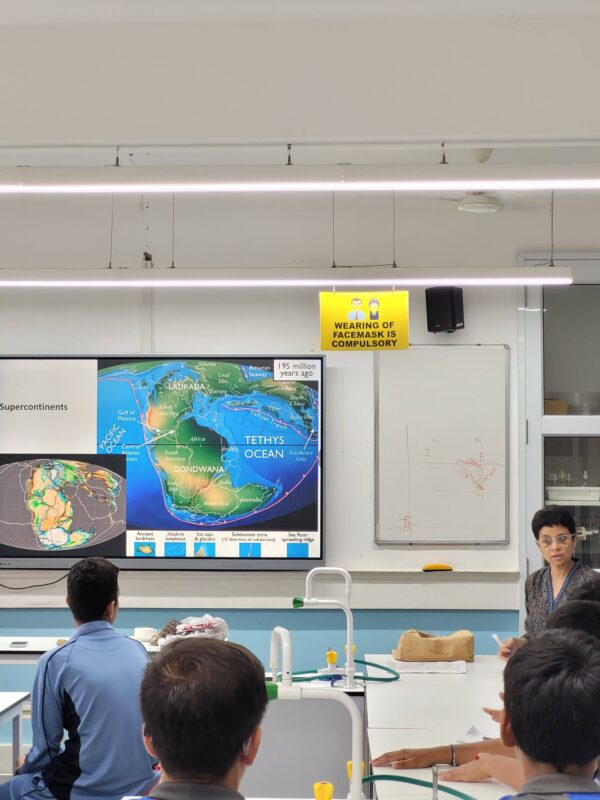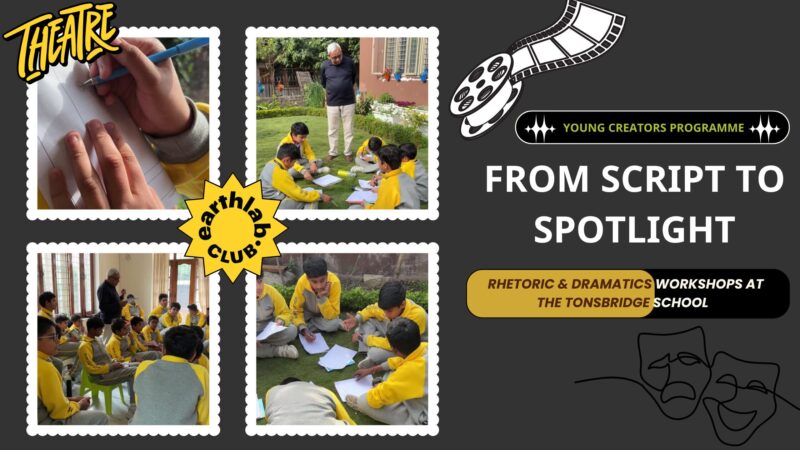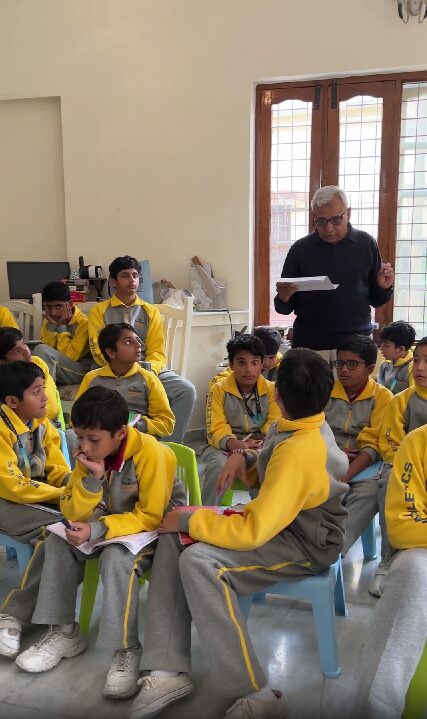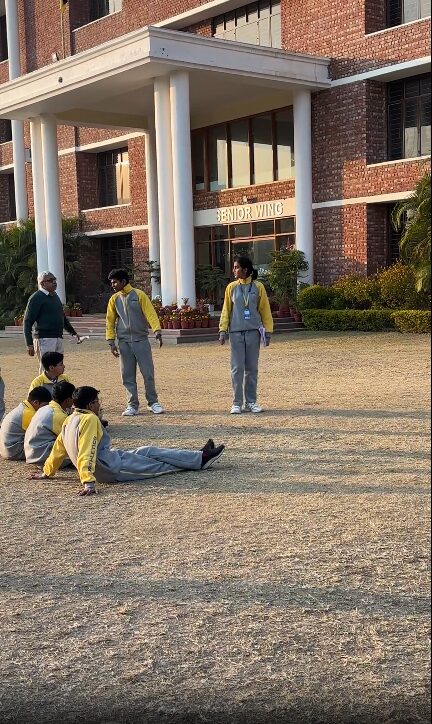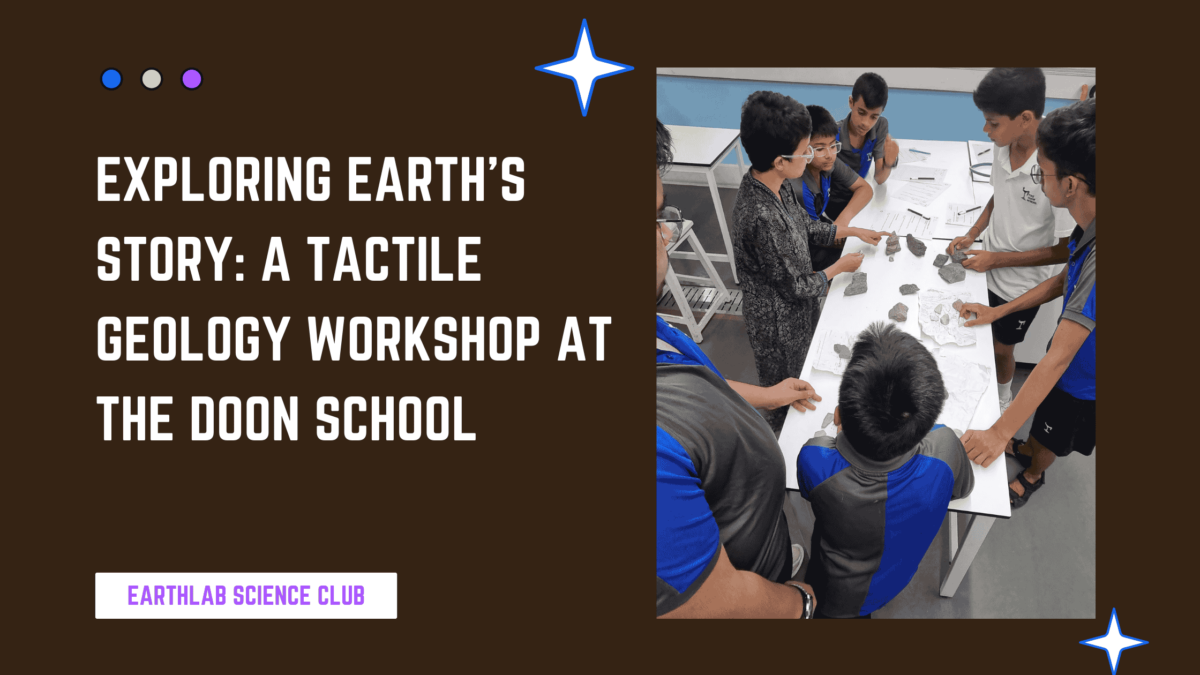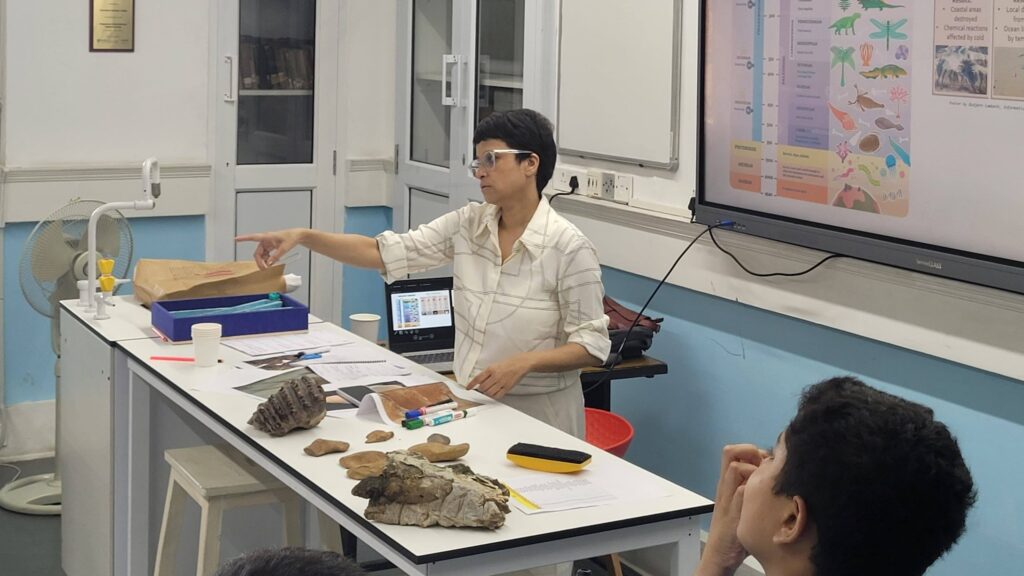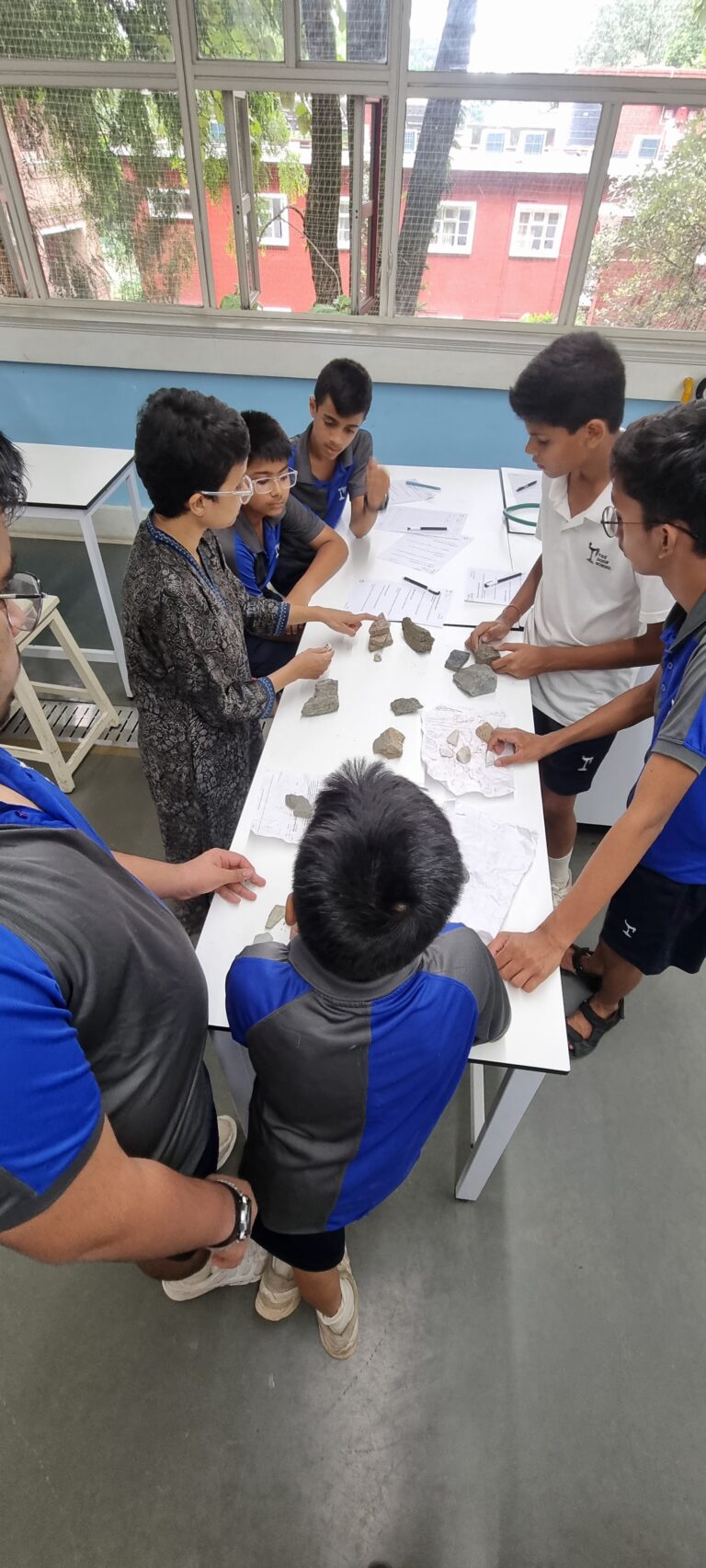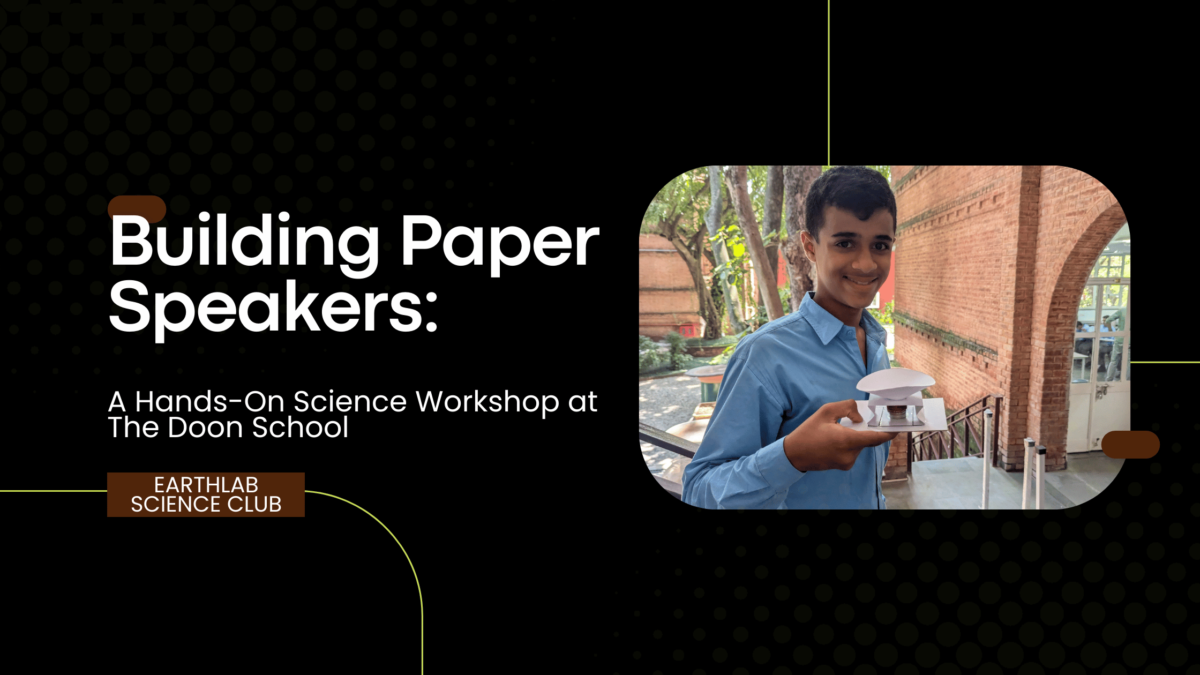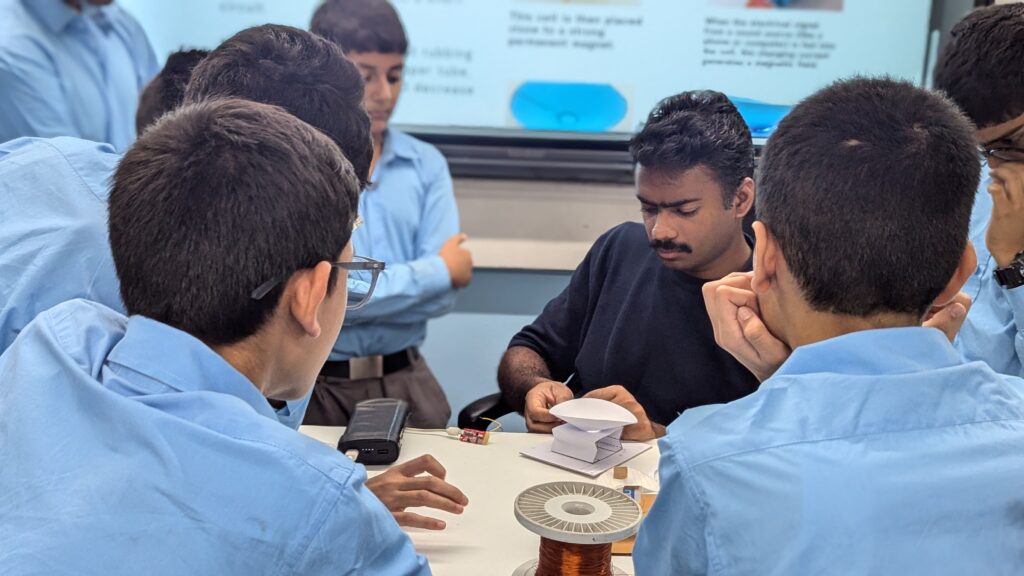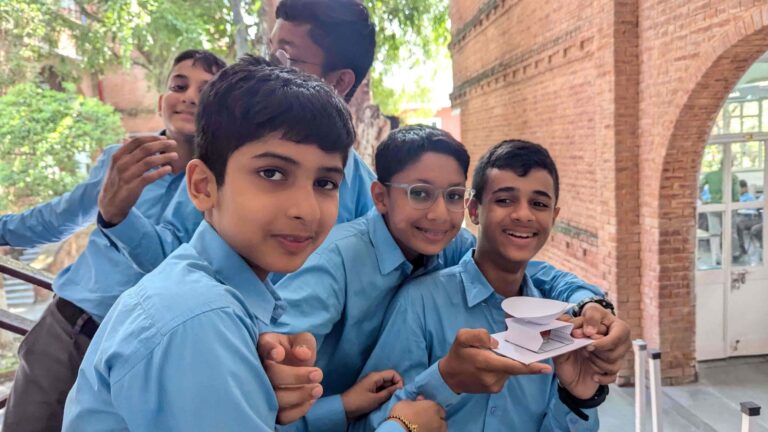With summer breaks approaching, students are seen to be extremely excited about all the fun, rest, and family time they’ll enjoy. But let’s not forget — it’s also the time when they are not burdened by school and academics and can learn more freely and explore their creativity and curiosity. Hence, the summer programmes! Dehradun has been known to be the home of some of the best schools in India, which host some of the most engaging, creative, advanced, and hands-on summer programmes for young minds. But how does a parent really decide which summer programme is best suited for their child? It can seem like a daunting task. Well, Earthlab Club has answers to all your questions.
CHECKLIST FOR SUMMER PROGRAMMES
Earthlab Club has researched several summer programmes held in the Dehradun region and used input from parents to understand their needs and curated a checklist of all the things one should be looking for in a well-designed summer programme. Whether you’re looking for a programme that sharpens academic skills, sparks creativity, boosts fitness, or builds confidence, Dehradun offers an exciting variety of well-designed summer programmes.
- Engagement: Whenever looking for summer programmes, parents should check if the children are actively participating or just passively watching. Summer programmes are the best place for children to be active learners instead of just being passive viewers. You shouldn’t be wasting your child’s time and creativity by sending them to a programme akin to their classroom.
- Learning & Skill-Building: When choosing summer programmes, parents should check if their child will actually learn something new — whether it’s a life skill, an academic concept, or a fun hands-on ability. A good programme doesn’t just fill time, it sparks growth. Programmes should offer structured opportunities for children to stretch their minds and try things they wouldn’t normally do during school time.
- Creativity: One of the biggest gifts summer programmes can offer is creative freedom. Look for programmes where kids aren’t just ticking boxes — they’re analysing, creating, imagining, and expressing themselves. Creativity isn’t just about art either — it’s about thinking differently, solving problems, and making something out of nothing.
- Physical Activity: Kids need to move! Whether it’s swimming, running, skating, or dancing, make sure the programme includes activities that help them stay physically active and healthy. It’s especially important in summer when kids can fall into a sedentary routine, hence looking for programmes with sports that are more encompassing. But if your child is looking to excel in a particular sport like swimming, football, skating, or martial arts then enrolling them in a dedicated sports programme with professional coaching is the preferred way to help them progress. Programmes are a perfect chance to burn energy in fun, constructive ways.
- Safety & Supervision: No matter how exciting the activities are, safety always comes first. Parents should always ask: Are there trained instructors? What are the supervision ratios? Are emergency protocols in place? A great programme balances freedom with responsibility, making sure every child is safe while having a great time.
- Age Appropriateness: Not every programme suits every child. What works for a 6-year-old won’t necessarily engage a teenager. Look for summer programmes that group kids by age or skill level, and offer tailored activities that match where your child is developmentally. The right fit makes all the difference in how much your child enjoys and learns.
- Balance: Summer programmes shouldn’t feel like school, but it also shouldn’t be just a free-for-all. The best programmes have a healthy balance of structured learning, time for play, social interaction, and even rest. Kids thrive in environments where there’s enough routine to feel safe and enough freedom to feel excited.
- Duration & Flexibility: Finally, think about how summer programmes fit into your family’s summer routine. Is the duration manageable for your child’s energy levels? Do you need a full-day programme or just a few hours? Some kids need more downtime, while others love long, immersive programmes. A flexible, well-paced programme can make summer feel like a treat rather than a task.
SUMMER PROGRAMMES PARENTS SHOULD CONSIDER
Based on Earthlab Club’s research, here are some standout programmes parents should definitely consider:
- The Doon School Summer Programme: A prestigious 14-day boarding experience for students aged 14–18, blending academic exposure with leadership, global citizenship, and personal development. In the upcoming months of 2025 this summer programme will come back to life to continue providing children with academic and personal development over the course of 5–6 days.
- Woodstock School Summer Programme: Woodstock School’s summer programme offers a transformative, interdisciplinary experience that is open to students aged 10–18, and promotes global exposure and personal growth. This summer programme offers courses in different disciplines like Model UN, Entrepreneurship, and Artificial Intelligence, to enhance, encourage and explore individual creative confidence.
- Earthlab Club Summer Programme: A futuristic, hands-on programme focusing on creativity, innovation, and design thinking. Children aged 10–16 work on interdisciplinary projects combining science, art, and tech. This programme emphasizes collaboration, critical thinking, and creative confidence.
- Mondrian House LEGO Robotics Programme: Hosted in collaboration with Makers Duniya, this first-of-its-kind programme introduces kids (8–14 years) to the world of robotics through LEGO engineering. It combines tech, innovation, teamwork, and outdoor games.
- Pestle Weed Summer Programme: Located in the beautiful Oak Hill Estate, this programme blends traditional day-programmed activities like horse riding, yoga, and table tennis with creative outlets like art and craft.
Each of these summer programmes brings something unique to the table, whether it’s academic rigor, creative exploration, outdoor adventure, or skill development. Choosing the right one depends on your child’s interests, learning style, and goals, but with Dehradun’s wide selection, there’s truly something for everyone.
Interested in knowing more? Reach out to Earthlab Club today:
📩 Email: info@earthlab.club
📲 WhatsApp: 9997014663




